Pomeranians are gorgeous little dogs with huge personalities! They’re sweet, affectionate, and playful. However, you might wonder: what are some common complaints about Pomeranians?
Complaints about Pomeranians include that they’re fragile and prone to health issues, they’re escape artists and difficult to potty train, and they require a lot of grooming. Pomeranians cannot be left alone for long periods. Many of them don’t like to cuddle as much as other, similar-sized breeds.
In this article, we’ll discuss common complaints about Pomeranians, how to resolve some common training issues, and more.
#1: They’re Tiny and Fragile
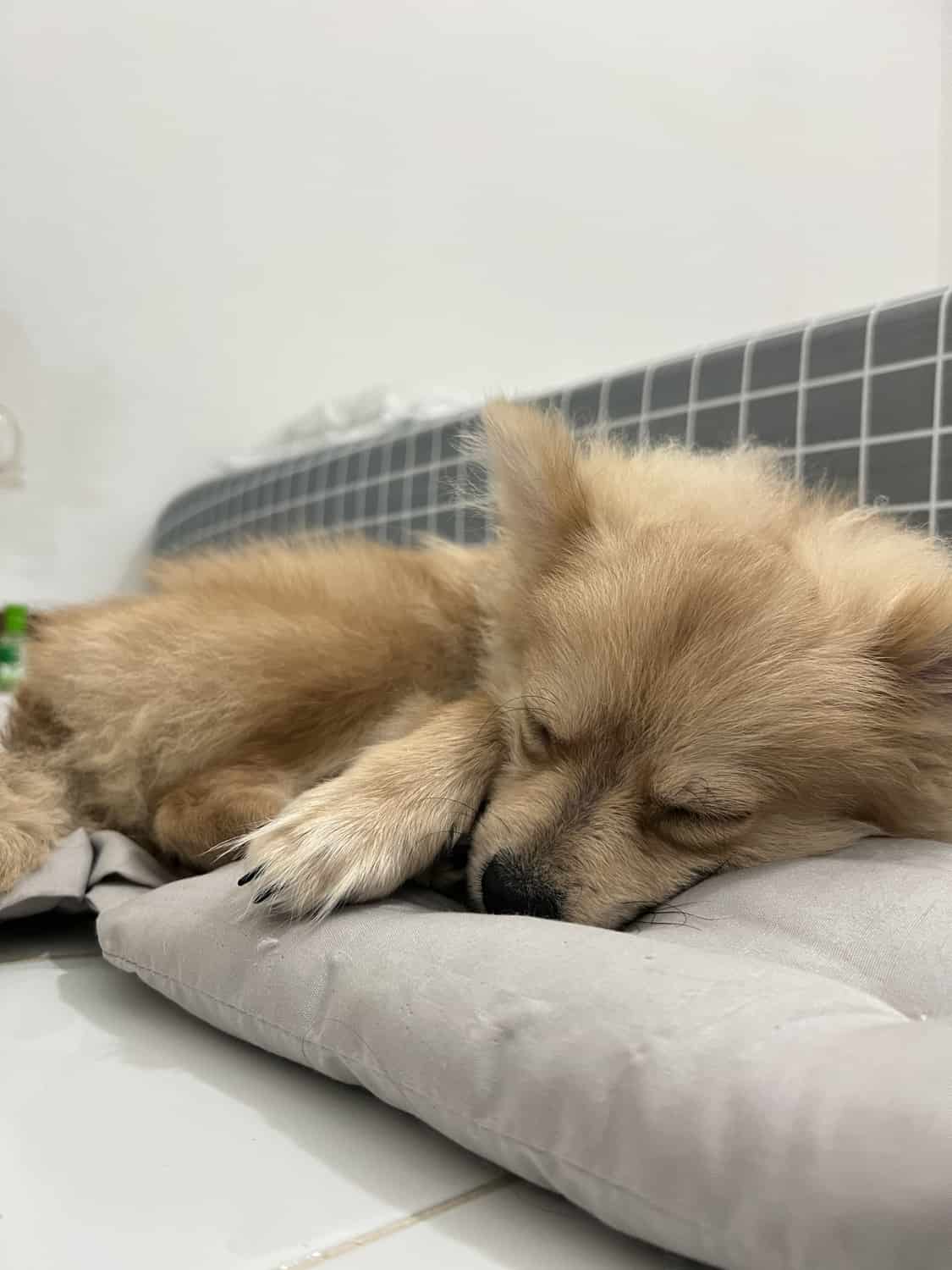
It can be easy to injure a Pomeranian by mistake if you aren’t careful.
©Ervan Widjaja/iStock via Getty Images
Pomeranians weigh just three to seven pounds. They can easily be hurt by rough handling or stepping or sitting on them accidentally. Other pets can also harm your Pom, on purpose or by mistake through rough play!
Don’t allow your Pomeranian to jump on and off furniture, as this can injure them severely. Buying doggy ramps or stairs can help them navigate your home safely.
If you have children, they must be taught to handle the dog gently. Young children should not be allowed to pick the Pomeranian up and carry them around, roughhouse, or otherwise pick on them. They should be supervised together at all times for both of their safety.
Another risk to small dogs like Pomeranians are birds of prey and other predators outdoors. Keep an eye on your dog outside and don’t leave them unsupervised.
#2: They’re Escape Artists
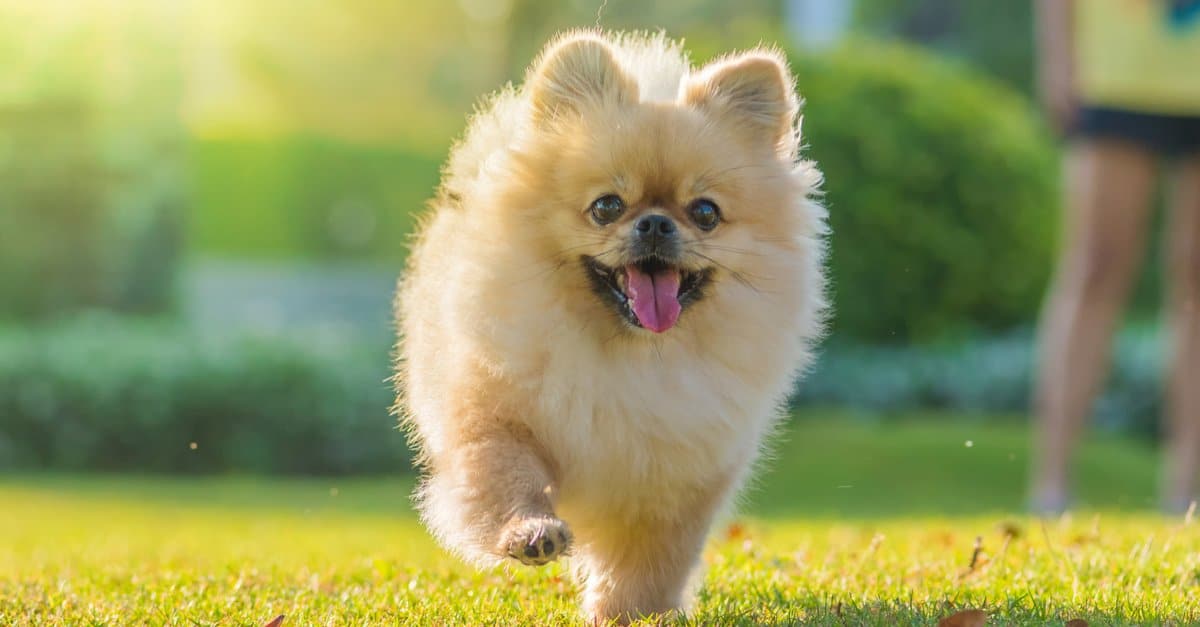
Pomeranians may escape your yard if it isn’t properly enclosed.
©wirakorn deelert/Shutterstock.com
Pomeranians may try to fit through gaps in fencing, squeeze beneath the fence, or find a way to hop over it. They can have strong prey drives and may chase small animals such as birds or squirrels.
It’s important to either secure your yard well or take your dog out on a leash and supervise their outside time.
#3: Pomeranians Can be Stubborn
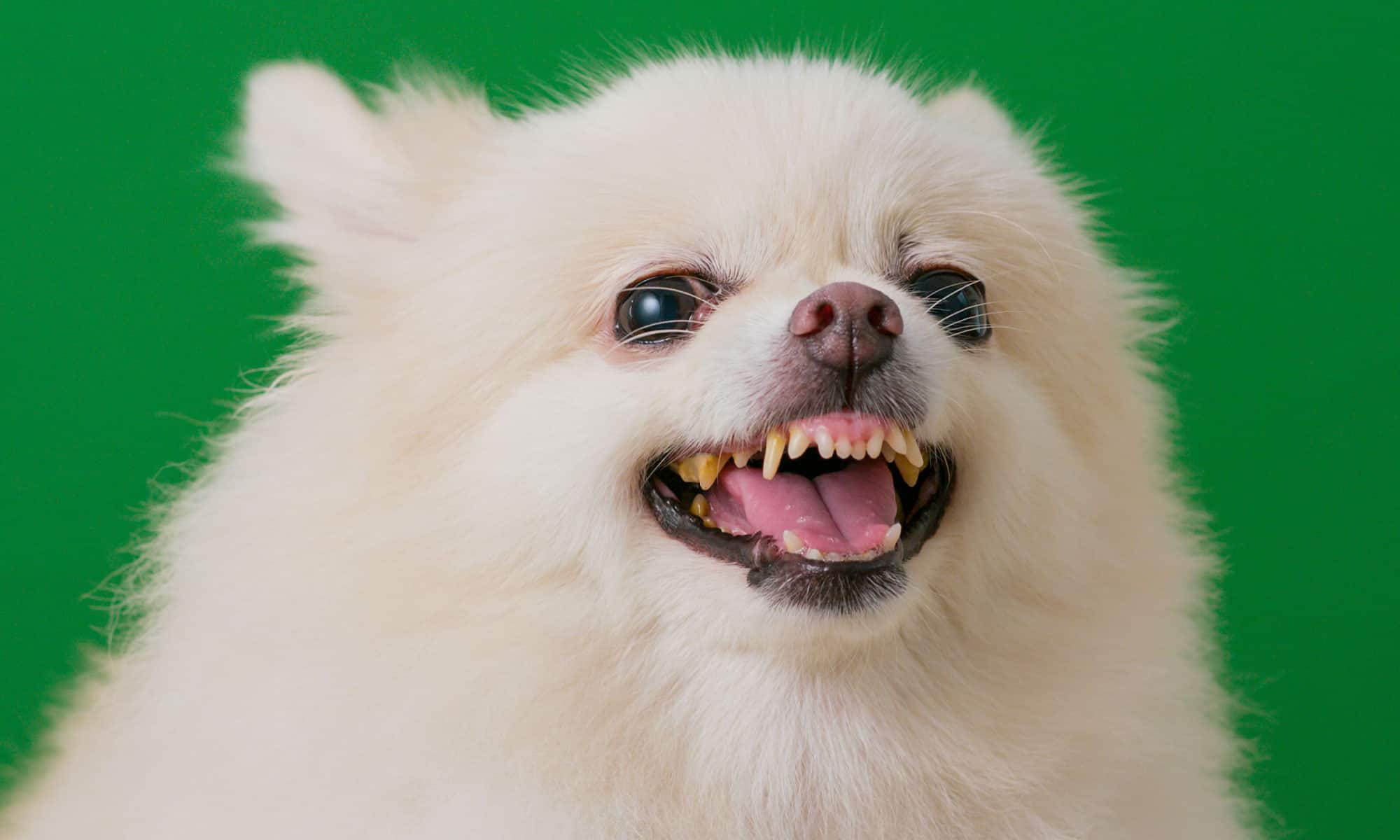
They can be mischievous dogs who don’t always follow your rules.
©leungchopan/Shutterstock.com
Though they’re smart, trainable dogs, Pomeranians are known by some for their stubbornness. Start training at a young age and keep the experience positive by avoiding any aversive methods.
Have patience with your pup and work with them daily, even for short sessions to practice what they know.
#4: They Take Time to Catch on to Potty Training
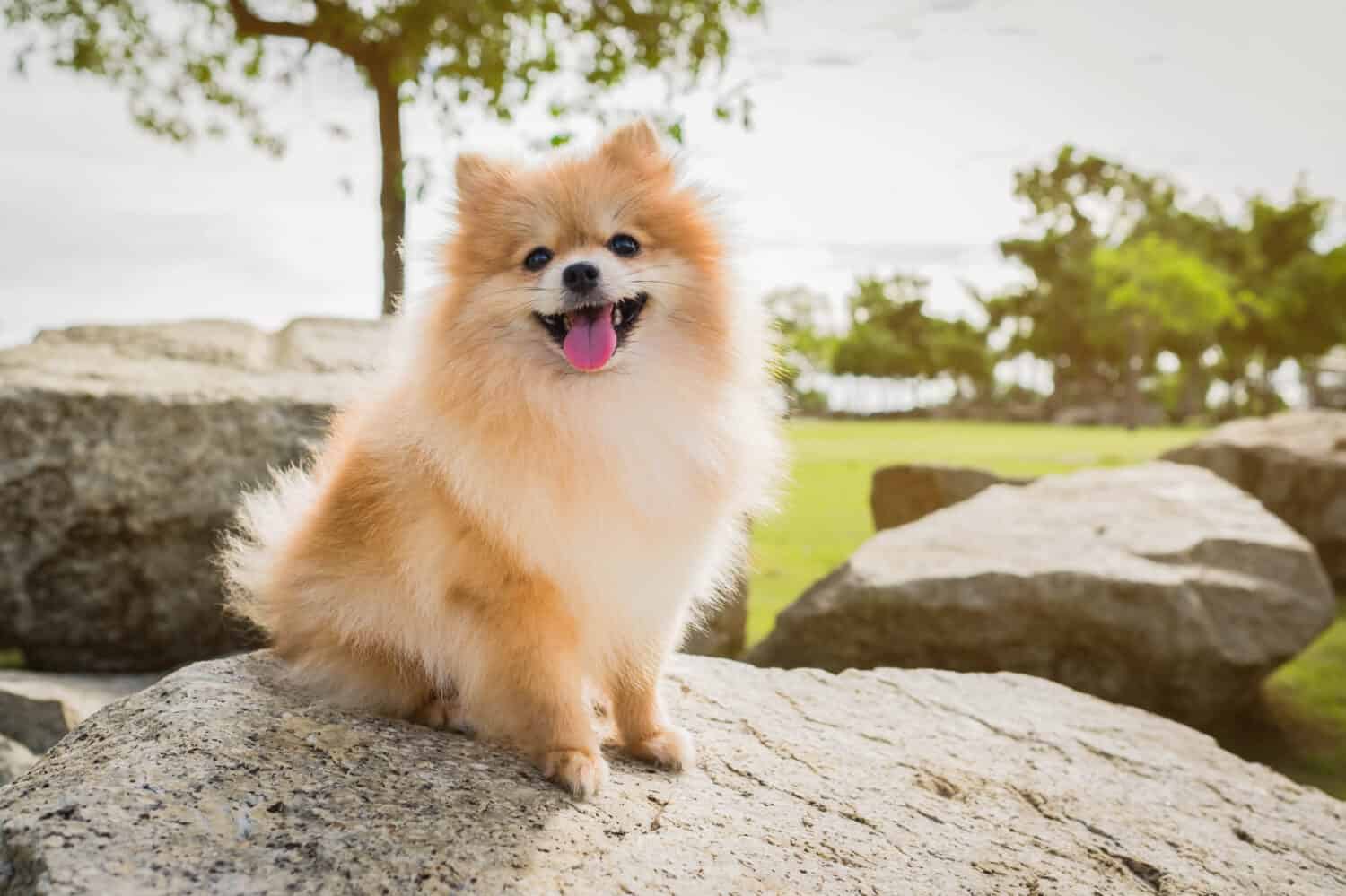
Learning to pee outside can be difficult for a Pomeranian.
©pattarawat/Shutterstock.com
Potty training is more difficult for small dogs like Pomeranians because they have smaller bladders, and cannot hold their pee as long as larger dogs. Take your Pomeranian outside consistently–at least once every two hours when you first bring them home.
You can also consider training using puppy pee pads or grass pads, but keep in mind that it can be more difficult to train a dog to go outside once you’ve given them the option of going in the house. It’s best done if you’ll be okay with it for the rest of their lives.
#5: They Need Socialization

Pomeranians require socialization just like every other dog.
©CandyRetriever/iStock via Getty Images
Many people adopt toy breeds thinking they won’t need as much training or socialization, but this isn’t true. There’s no shortcut to training your dog well.
Pomeranians can be yappy and insecure around strangers if they aren’t well-socialized when young. They should be taught how to behave in public and how to accept the handling that they’ll experience at the vet or groomer.
#6: Pomeranians Tend to be Clingy
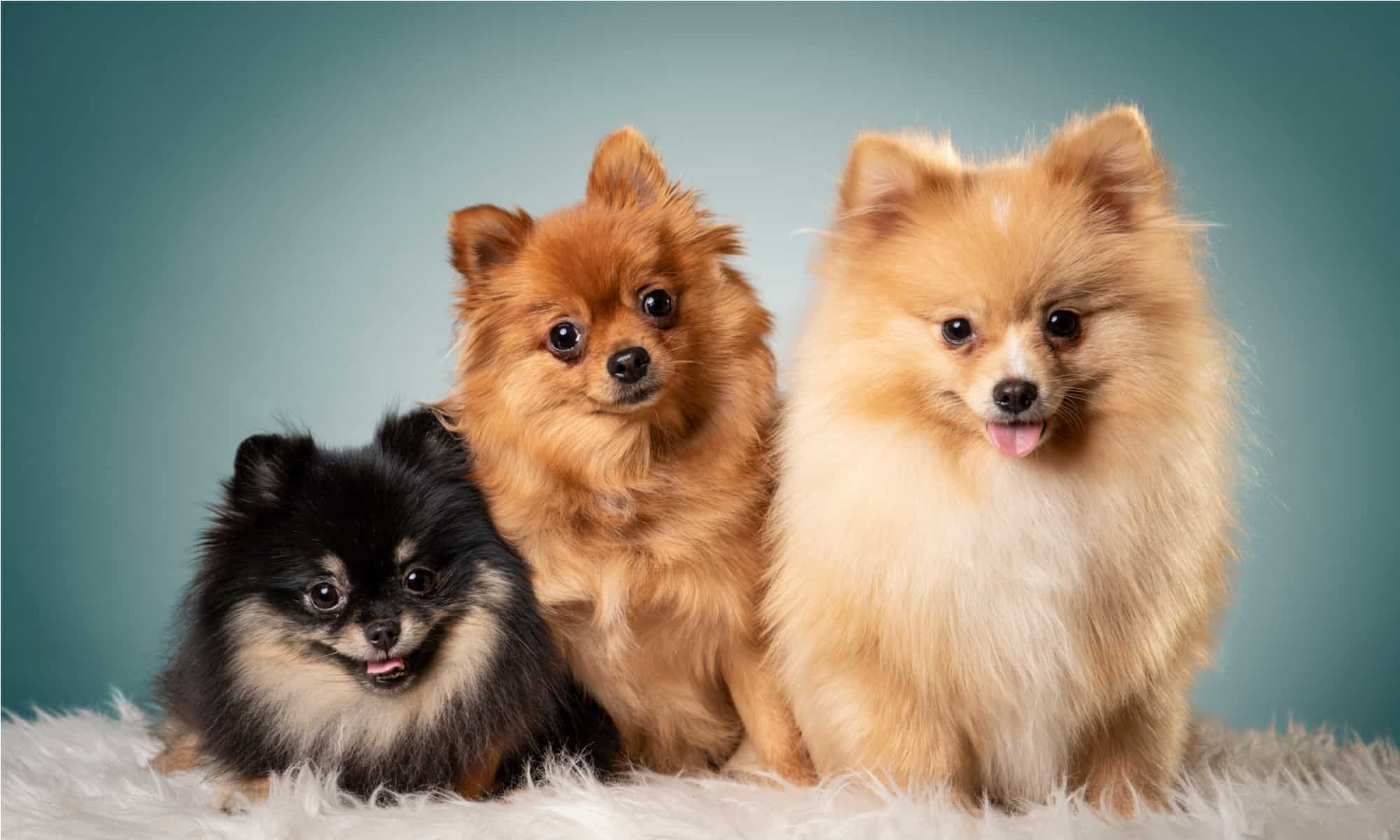
Pomeranians enjoy spending time around their favorite people and pets, and don’t like being left alone.
©Eva Sustar/Shutterstock.com
These aren’t dogs that can tolerate you being gone for extended periods. They thrive in families where someone is home most of the day and are prone to separation and isolation anxiety.
While it’s important to teach your Pomeranian to be alone for short periods, building up to a few hours at a time, it’s equally important to keep your expectations realistic. For instance, crating them for a whole workday is going to make for an unhappy dog.
#7: They Don’t Always Want to Cuddle
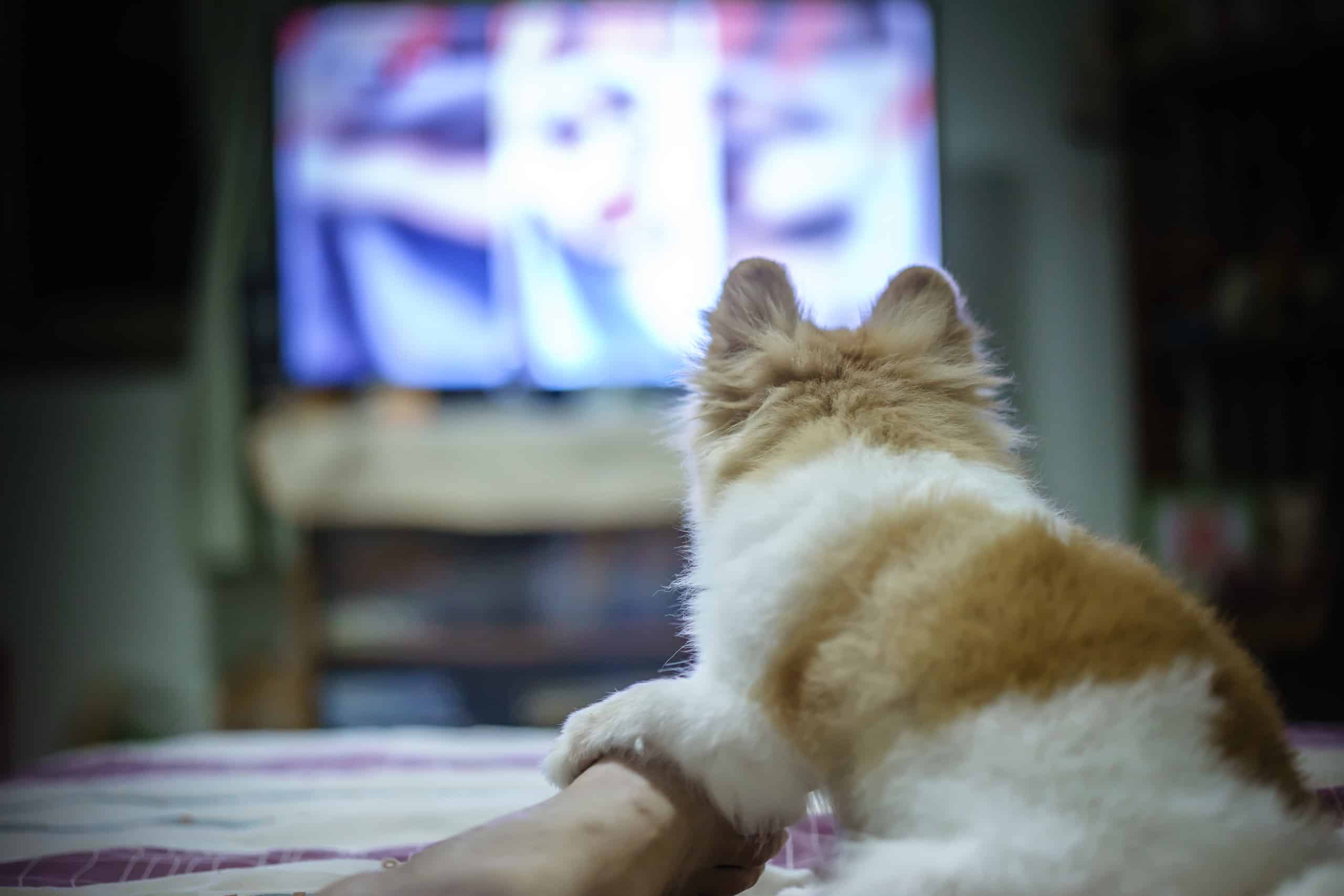
Pomeranians like being near their people but not necessarily on top of them.
©sommart sombutwanitkul/Shutterstock.com
Despite their clinginess, not all Pomeranians like to cuddle. If you want a snuggly pup, you might be better off with another small breed. Another option is to look for an adult Pom who’s uncharacteristically cuddly for the breed!
Most Pomeranians aren’t really known as lap dogs, despite their size. They often prefer to lay near you rather than on you.
#8: They Bark a Lot!
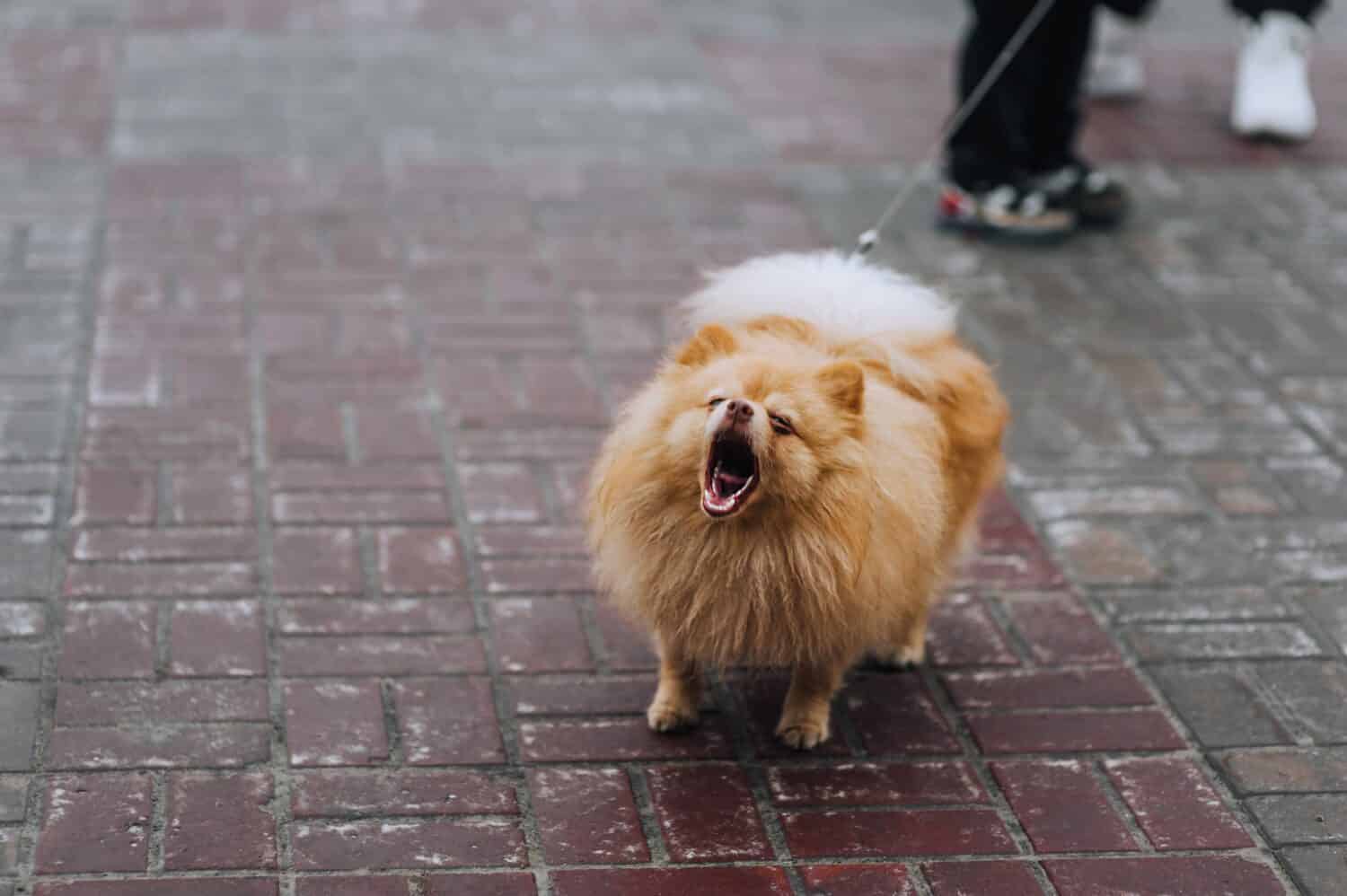
Pomeranians can be very noisy dogs.
©Shchus/Shutterstock.com
They make great little watchdogs because you’ll likely know everything that happens outside the window. However, a Pomeranian’s barking can get old and is one of the biggest complaints about them!
You can teach a “quiet” cue to reduce the barking but don’t expect it to go away fully.
#9: They Shed Plentifully
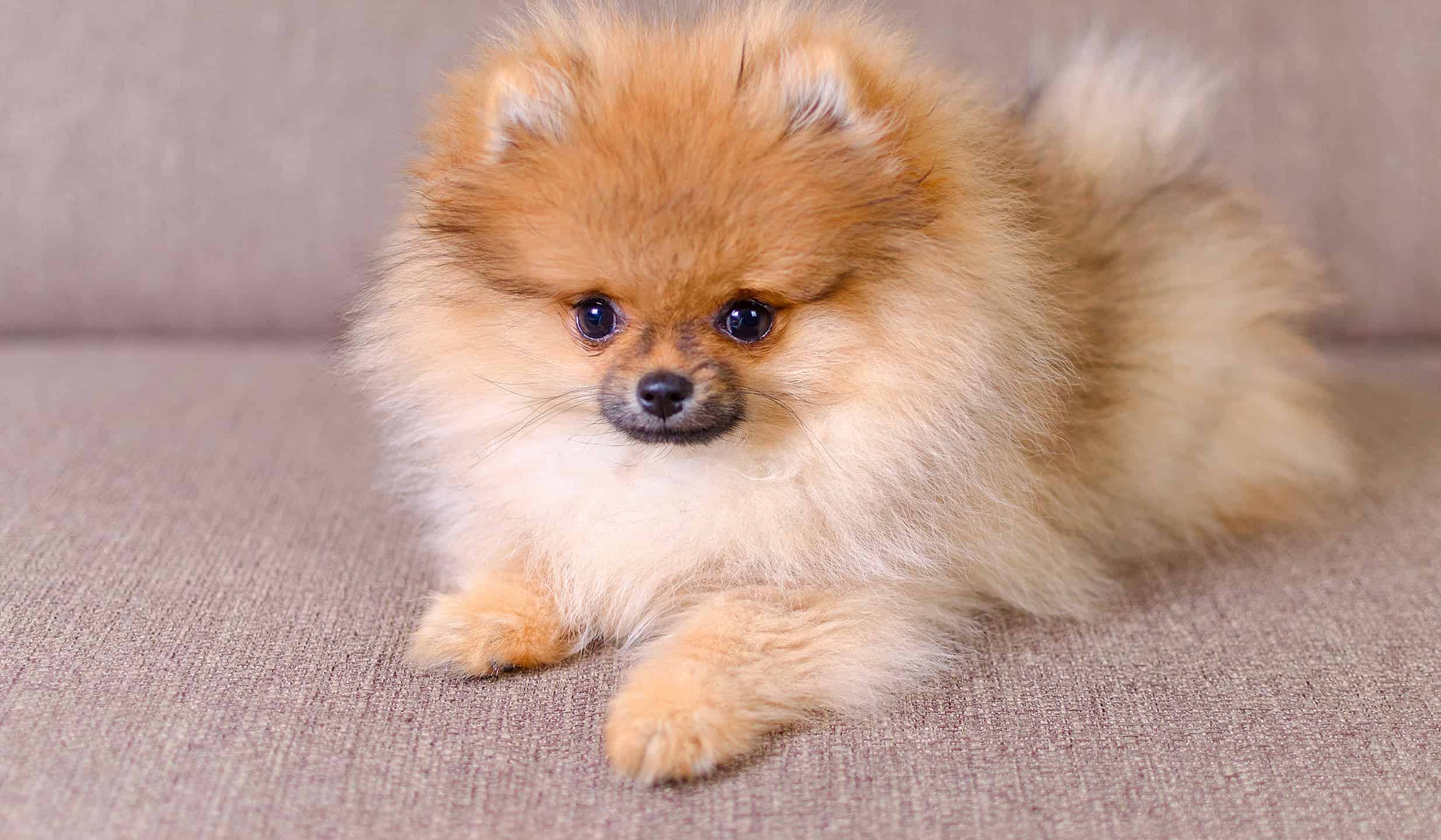
Pomeranians will shed fur onto your furniture.
©iStock.com/nadisja
Maybe the most common complaint you’ll hear about Pomeranians is that they shed a ton, especially for their small size!
You’ll find fur around your home year-round, and more so during shedding season in the spring and fall.
#10: Pomeranians Need Regular Grooming
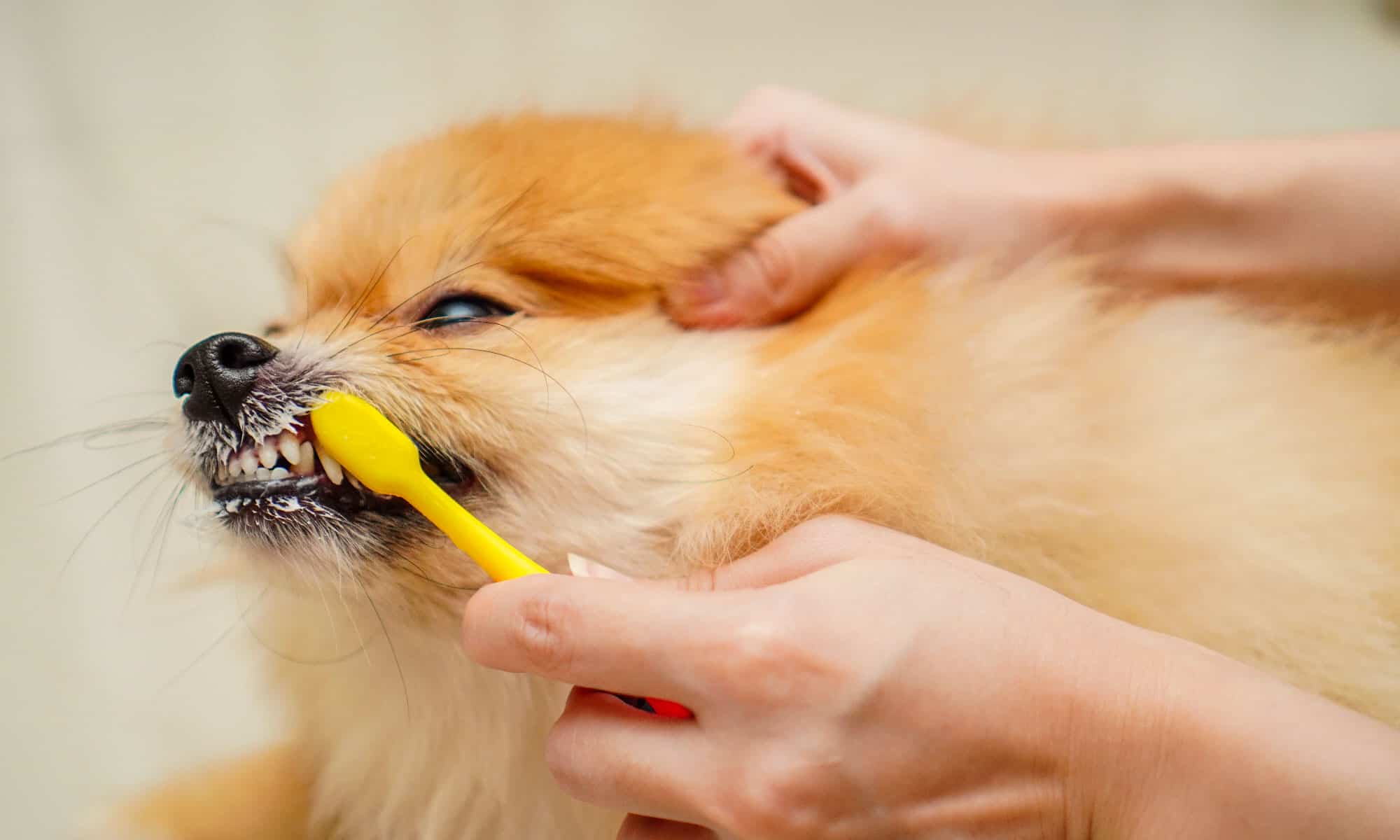
It’s important to groom your Pomeranian regularly, including brushing their teeth.
©aonip/Shutterstock.com
Pomeranians’ thick coats need weekly combing down to the skin to prevent painful mats from developing in their fur. During shedding season, you may need to brush them every day.
This takes more time than brushing a shorthaired dog as you’ll need to part the fur and be sure to brush everywhere.
You can take your pup to the groomer to have them bathed, their nails trimmed, and their anal glands cleaned if needed every four to six weeks. Or, you can do these things at home.
Their coats shouldn’t be shaved unless it’s needed for medical reasons, such as severe matting or for a surgery. Damage to a Pomeranian’s double coat can make it harder for them to regulate their temperature, so they may be too hot in the summer or too cold in the winter. It also exposes their skin to issues such as sunburn.
#11: There are Many Irresponsible Pomeranian Breeders
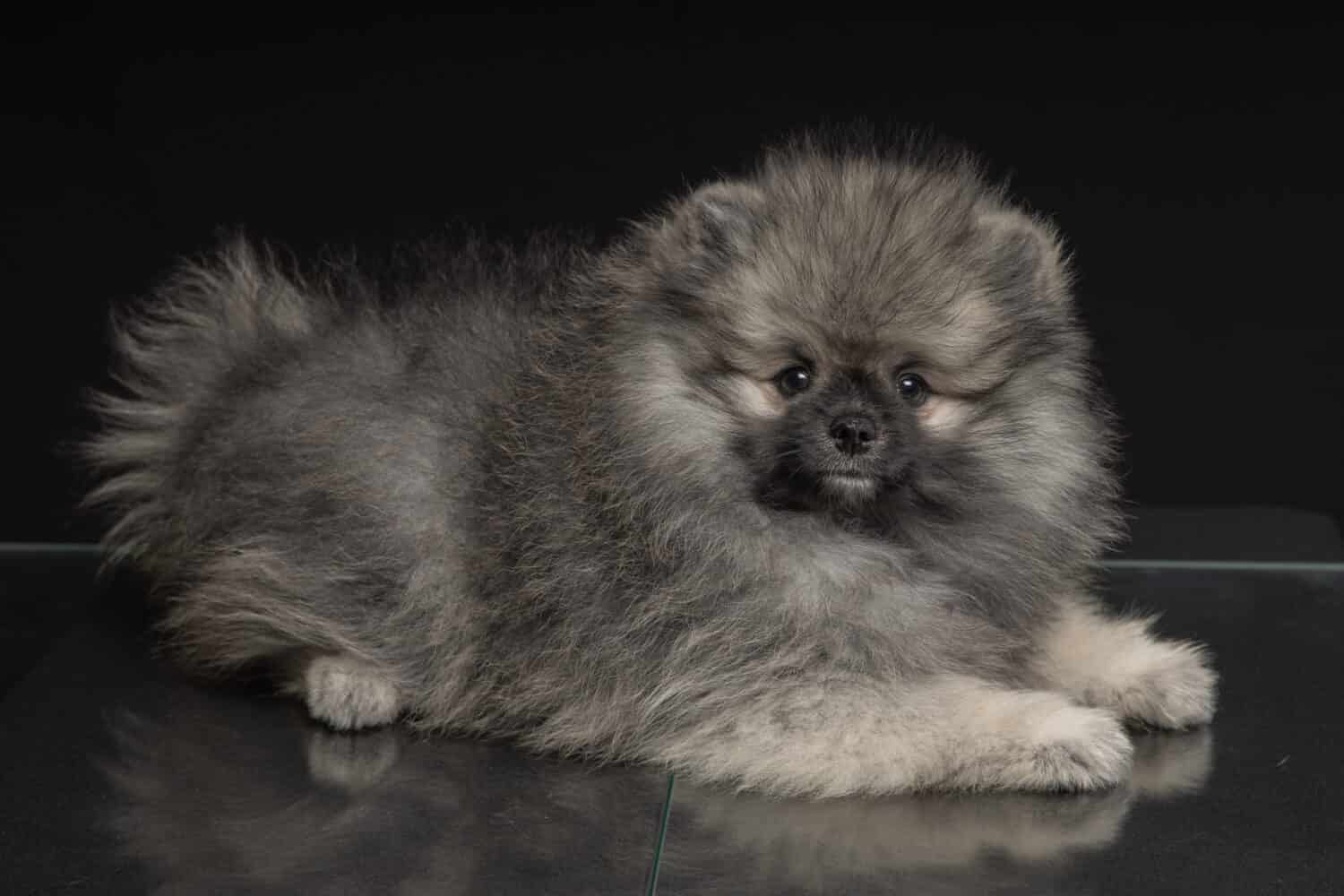
Many Pomeranian puppies are poorly bred and poorly cared for by their breeders.
©Fotofrafrnd/Shutterstock.com
When adopting a Pomeranian, it’s vital to look for a reputable breeder or to adopt from a shelter or rescue.
There are many, many puppy mills and backyard breeders selling poorly bred dogs who haven’t been properly cared for during their first months of life.
Make sure your breeder has up-to-date genetic health testing for both parents and that the results are publicly available. Avoid anyone purposefully breeding unhealthy dogs and anyone who refuses to health test.
Keep in mind that DNA testing isn’t the same as health testing–your breeder should be able to give you CHIC numbers for both parents to certify that they’ve been tested.
Also avoid breeders who play into trends that hurt the dogs, such as teddy bear or teacup Pomeranians, or who charge more based on a puppy’s color or sex. Reputable breeders put a dog’s health over their appearance. They’d rather match puppies with good homes based on personality and lifestyle than sell a puppy with a rare coat color to a less suitable home just to make an extra buck.
#12: Pomeranians are Prone to Health Problems
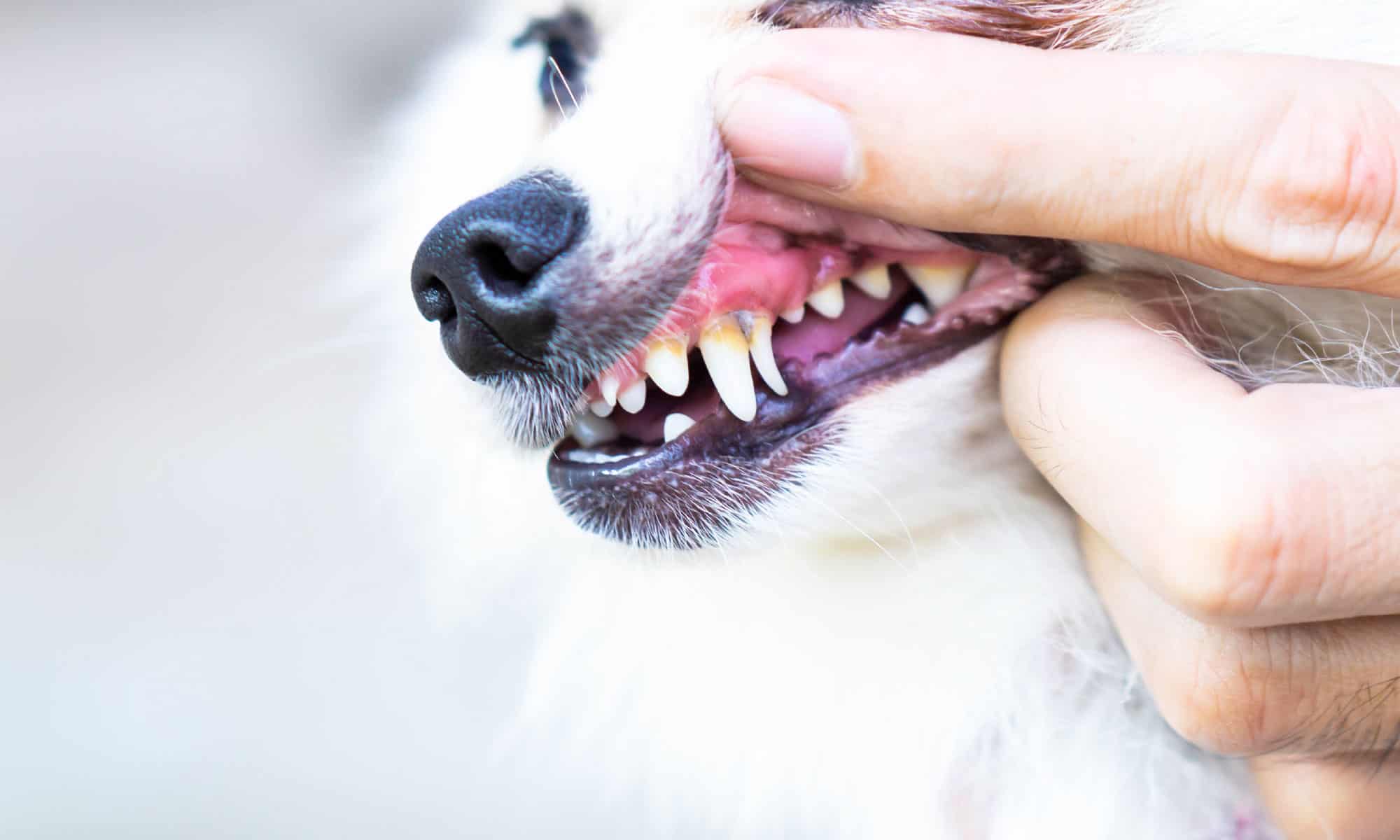
Pomeranians are prone to health problems, including dental disease.
©MRAORAOR/Shutterstock.com
Lastly, and quite connected to our point above, is that Pomeranians are prone to genetic health problems. The Poms that tend to be the least healthy are those bred to have shorter snouts than is standard for the breed, which can lead to problems like difficulty breathing and exercising, heatstroke, and tracheal collapse.
Other common health problems in Pomeranians include:
- Luxating patella
- Hip dysplasia
- Legg-Calve-Perthes
- Heart problems
- Eye conditions
- Thyroid disease
- Dental disease
Some of these can be screened for by reputable breeders, as we discussed above. Of course, there is no way to guarantee your Pomeranian will never face health problems.
Keeping their teeth brushed can help prevent dental disease and benefit their overall health.
It’s important to either have large savings for your dog prior to adoption or to purchase pet insurance as soon as you bring them home.
The photo featured at the top of this post is © pattarawat/Shutterstock.com
Ready to discover the top 10 cutest dog breeds in the entire world?
How about the fastest dogs, the largest dogs and those that are -- quite frankly -- just the kindest dogs on the planet? Each day, AZ Animals sends out lists just like this to our thousands of email subscribers. And the best part? It's FREE. Join today by entering your email below.
Thank you for reading! Have some feedback for us? Contact the AZ Animals editorial team.







